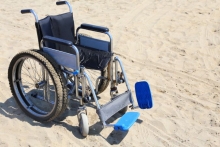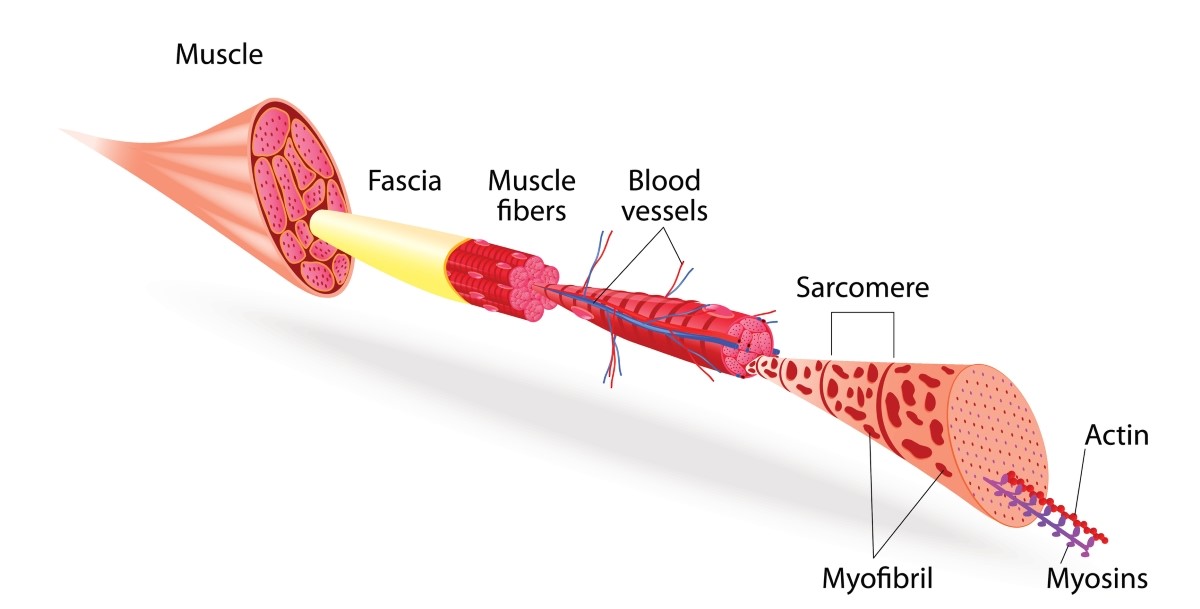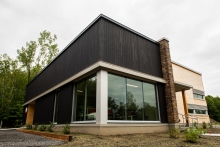While not all impulsive behaviour speaks of mental illness, a wide range of mental health disorders which often emerge in adolescence, including depression and substance abuse, have been linked to impulsivity. So, finding a way to identify and treat those who may be particularly vulnerable to impulsivity early in life is especially important.


Purpose is to understand post-COVID symptom evolution and impact on patients’ lives
As of Sept. 20, 2022, there have been more than 1.1 million cases of COVID-19 in Quebec. It is estimated that 10 to 30 per cent of cases will have lingering symptoms after the acute illness. This means that as many as 330,000 Quebecers may experience what’s become known as long COVID, or post-COVID-19 syndrome.

Image Caption: The Mackenzie River Delta on the Beaufort Sea, a low-lying region in the Canadian Arctic that is vulnerable to rising seas in a warming climate. CREDIT: Nadia and Harold Gomez

Spinal cerebellar ataxia 6 (SCA6) is an inherited neurological condition which has a debilitating impact on motor coordination. Affecting around 1 in 100,000 people, the rarity of SCA6 has seen it attract only limited attention from medical researchers. To date, there is no known cure and only limited treatment options exist.
Now, a team of McGill University researchers specializing in SCA6 and other forms of ataxia, have published findings that not only offer hope for SCA6 sufferers but may also open the way to developing treatments for other movement disorders.

Three McGill researchers have been honoured with prestigious medals from the Royal Society of Canada (RSC). Associate Professor Daryl Haggard of the Department of Physics was awarded the Rutherford Memorial Medal in Physics—named after one of McGill's most famous radiation physicists—for her pioneering studies of neutron stars and black holes. James McGill Professor Graham Bell of the Department of Biology is awarded the Flavelle Medal for his transformational work in experimental evolutionary science.

Muscle discovery may lead to better drugs
The smallest constituents of muscles, myosin and actin, may be targeted to contribute to more effective treatment methods against heart and muscle diseases, say a group of international researchers at McGill University and Linnaeus University.

Ten students have been named McGill University’s recipients of the prestigious Schulich Leader Scholarships, Canada’s premier Science, Technology, Engineering and Math (STEM) scholarships.
Created by McGill alumnus Seymour Schulich, BSc’61, MBA’65, DLitt’04, the Schulich Leader Scholarships are awarded to entrepreneurial-minded students who’ve demonstrated academic excellence and display leadership, charisma and creativity.

Today, The Royal Society of Canada (RSC) announced 102 new Fellows and 54 new Members of the College of New Scholars, Artists, and Scientists. Among the 2022 cohort are fifteen McGill researchers and scholars, including eleven RSC Fellows and four new Members, who will be inducted at the RSC Celebration of Excellence and Engagement on November 25, 2022, in Calgary, Alberta. The newest McGill cohort will join 238 McGill researchers who are currently RSC Fellows and Members of the College and 2400 Canada-wide.

It’s no secret that the internet and social media fuel rampant spread of misinformation in many areas of life. A collective of researchers, including Catherine Scott, Postdoctoral Fellow in McGill University’s Lyman Lab, have explored this phenomenon as it applies to news about spiders. The verdict? Don’t blindly trust anything you read online about these eight-legged arthropods—or anything else for that matter—and always consider the source.

A $29-million gift from Quebec-born entrepreneur Sylvan Adams will launch an exciting venture for McGill’s Department of Kinesiology and Physical Education in the Faculty of Education, ushering in a new era of world-leading research and discovery in sports science, with the long-term goal of improving elite human performance, and promoting healthier living across the human lifespan.

The new Adaptable Earth Observation System (AEOS) research facility at the Gault Nature Reserve in Mont-Saint-Hilaire is open for business for those conducting cutting-edge research on extreme weather conditions. It also serves as a lab for advanced ecological research. Thanks to a Canada Foundation for Innovation (CFI) grant, this new pavilion paves the way to advancing environmental research by linking the Gault Nature Reserve with the project’s research stations in the Saint-Lawrence Valley, and in different parts of the world.

Moshe Safdie, the renowned architect behind some of the world’s most celebrated buildings, has donated his professional archive to his alma mater, McGill University, and pledged his personal apartment at Habitat 67 to ensure that it remains a resource for the University and the public at large.

A national survey of close to 1000 adults in Greenland (where approximately 90% of the population is Indigenous) conducted by a McGill University-led research team has found that a surprisingly large majority – 3 out of 4 Greenlanders – support extracting and exporting sand left by the melting ice sheet. A significant proportion want Greenland’s leadership to assess the impact of sand extraction and exports on both the environment and economy. Furthermore, when it comes to who mines the sand, the majority prefer local involvement to foreign collaboration.

McGill University’s School of Continuing Studies is launching a unique experiential training and professional development program, with support from a $2-million community investment from Scotiabank, to help members of underrepresented local communities and newcomers to Canada, including refugees, build the durable skills they need to pursue their career paths.
New research stories from McGill University.

Using artificial intelligence to study the social impact of disruptive weather events
Does a “disruptive weather event” imply extreme weather? Not necessarily, say two McGill University researchers. Instead of focusing on social impacts, weather research tends to focus on meteorology.
